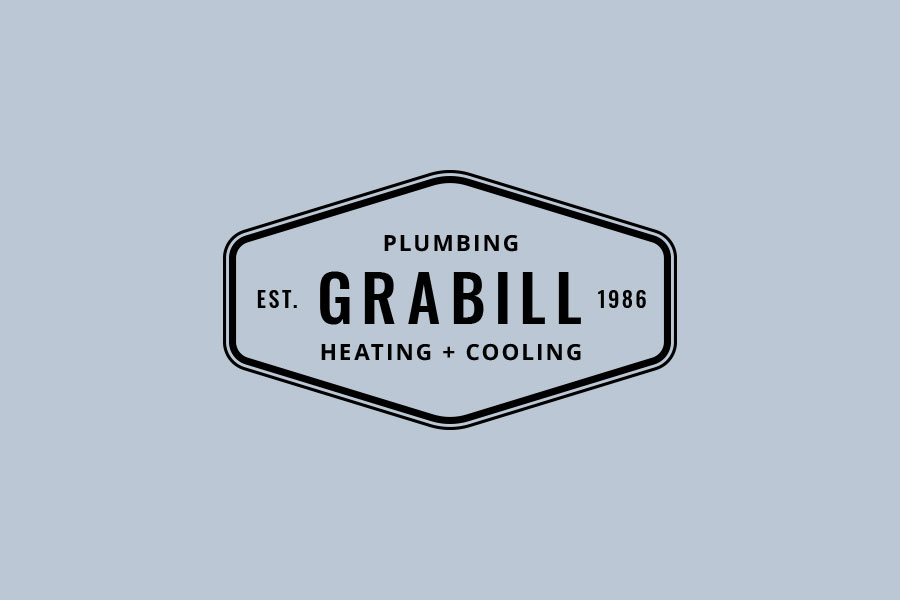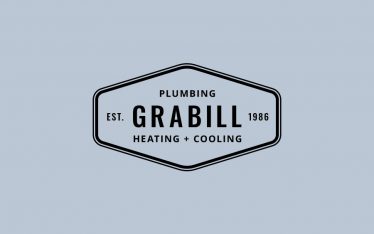There are definitely advantages to a tankless water heater. If you are considering having one installed, this article will explain the pros and cons so you can make an informed decision. The plumbers at Grabill have installed many tankless water heaters as well as traditional water heaters. Let’s compare the two.
What Are the Advantages of a Tankless Water Heater?
Tankless water heaters have quite a few advantages over traditional tank-style water heaters.
Endless Hot Water
One of the biggest perks for homeowners is that they provide endless hot water. Because they produce heated water on demand, as long as there is a supply of (cold) water, there’s no limit to how much they can heat and deliver. Because of this, you can run your dishwasher, wash machine, and take a shower (or two) simultaneously without a problem.
Energy Savings
Another advantage is energy savings. Because a tank-style water heater must keep its supply of water hot 24/7, it uses more energy than a tankless water heater that only uses energy when there is a demand for hot water. Besides having to keep this water hot constantly, a traditional water heater also experiences standby heat loss from the cooler surrounding air temperature (despite being insulated).
Smaller Size
A typical tankless water heater is about the size of a medium suitcase – much smaller than a 30-50 gallon tank. Furthermore, it takes up no floor space because it is wall mounted.
Purer Water
As tank-style water heaters age, they are likely to produce rust and sediment buildup from minerals in the water. This can contaminate your water supply. Your water can taste or smell like metal. Brown tap or bath water is a sure sign that your water heater needs to be replaced. With tankless water heaters you get clean water that is safe to drink.
What Are the Disadvantages of a Tankless Water Heater?
So what are the disadvantages of tankless water heaters? There are some, with the most important being cost.
Installation Cost
Tankless water heaters are more expensive when it comes to upfront cost. The cost of a tankless hot water system will vary based on the fuel type, system size, and any additional wiring/piping upgrades you might need.
Size/GPM Considerations
This is not so much of a disadvantage as a feature to be addressed correctly. The size of your system is very important. System size refers to the volume of hot water the unit produces. GPM (gallons per minute) is a measure of the amount of heated water that a tankless hot water heater is capable of producing. Local temperatures and the desired temperature of heated water have large impacts on the actual GPM. In general, the higher the GPM, the higher your equipment costs will be. At Grabill, when we install a tankless water heater, we make sure it is sized to meet the water heating load of your home during times of peak usage.
Immediate Hot Water Myth
The hot water may be endless, but it’s not immediate. Many people mistakenly believe that a tankless system will deliver hot water the minute you turn it on, but just like traditional water heaters, the water supply must first push the cold water already in your pipes through the system ahead of the hot water. Neither a tank-style or tankless water heater can solve this problem, however, there are recirculating pump options that can overcome this issue.






